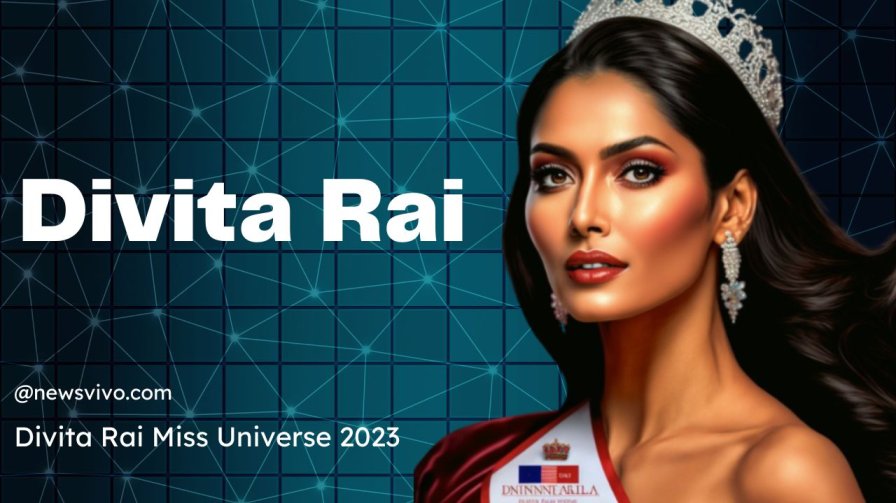Divita Rai, India’s Miss Universe 2023 competitor, appeared earlier this week dressed as “Sone ki Chidiya” or the “Golden Bird” during the national costume phase of the Miss Universe 2023 competition.

Divita Rai
Participants from over 80 nations also appeared in meticulously selected, handmade ensembles that best reflected their “country” in the same contest. The golden bird represented ancient India, the land of everything from salt to gold. Since then, the country has been colonised, robbed, democratised, and polarised in no particular sequence.
The essential point to consider here is which age of the nation needs to be represented. We hope Divita Rai’s choice of the “Sone ki Chidiya“ outfit was sarcastic. Perhaps the decision was based on the metaphorical gold the people and culture of India. It is no secret how kind we are as a country to people in need.
I spotted two people shooting photographs after getting onto the Delhi Metro lines only the other day. A self-appointed bodyguard took it upon himself to haul the two men out and smack them hard. They were definitely impoverished and maybe ignorant, according to the theory. And that is how we deal with those who are uneducated: we teach them a lesson. A priceless instruction.
A further patriotic costume worn by Miss Ukraine Viktoria Apanasenko was the “Warrior of Light,” which was designed to show the country’s bravery in the face of Russian invasion. The outfit reduces the nation and its people to their current tragedy, ignoring multiple histories and cultures in favour of displaying the convenient choice of a white country at war. The internet rushed to applaud Apasasenko’s bravery, but the question remains: do other war-torn nations or those experiencing serious socio-political problems have the same reaction? No, it does not.
This is not to personally target Divita Rai or any of the candidates, since the pageant’s requirements need it to seem as a CSR endeavour on the part of both the contestants and the organisers. The issue arises when similar rounds are naturalised in global contests, when the drive to harmonise everything takes precedence over allowing for anomalies to occur.
Within that situation, it becomes a false example of positive affirmation, engendering a sense of poisonous positivity, which is precisely what the pageant needs. Even if one were to “represent” a social cause, which is absurd in and of itself, how does one do so without being reductive on a platform that rates beauty according to outmoded standards? Isn’t that a travesty?
Many significant dialogues about beauty have occurred over the last century, with many people challenging its criteria and aesthetics, as well as how it is sometimes fundamentally problematic to place one type of beauty on a pedestal. Similarly, there have been discussions about adopting cultures, particularly one’s own. The pageant, for some reason, continues to overlook both exchanges.
Beauty cannot be judged in the same way that what is “national” cannot be judged. When anything becomes national, it represents a huge group of individuals who are defined by the borders they reside inside. In the same way that beauty becomes objectified when shown on a proscenium, so does what it represents. If we are going to take the “women’s empowerment” approach to legitimise beauty pageants, the least we can do is curate it better and not be naive to the reality of representation.
In the twenty-first century, we have advanced far enough to recognise and comprehend why beauty pageants are destructive. However, in addition to false aesthetic standards, pageants depict nations as communities with homogeneous history, only sometimes confronted with a somewhat uncomfortable situation, nothing that couldn’t conceivably go away once the competitor wins the crown.
It is past time for beauty contest organisers to recognise this. Beauty pageants must include better rounds, ask better questions, and provide a place for the diverse genders that exist. Even as a CSR initiative, here’s hope that in the next years, pageants would be more inclusive and less appropriative.